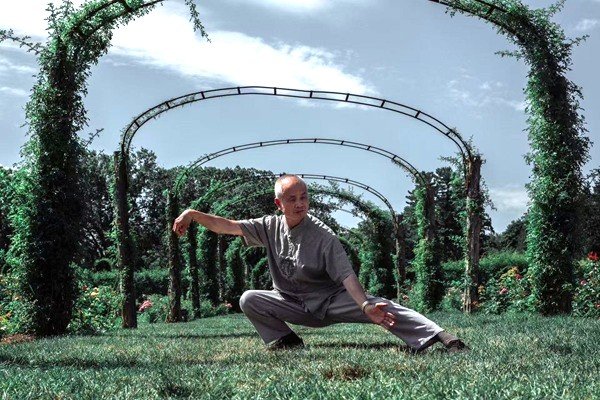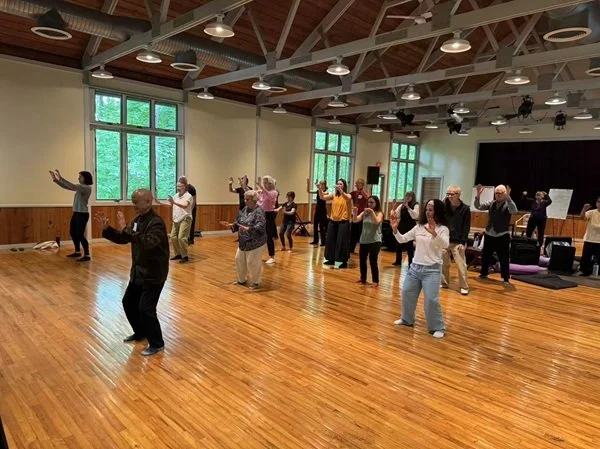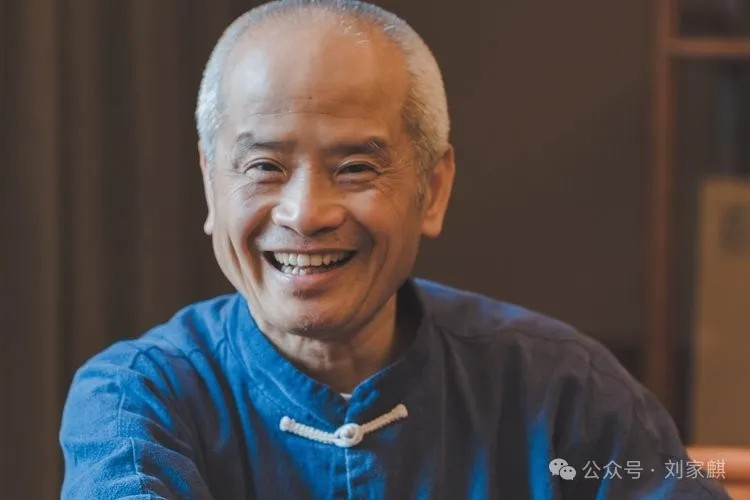"Who Am I?" – The Primary Lesson in Life
Regarding the primary lesson in life, different philosophies and schools of thought offer varying interpretations. However, from the perspective of universal human struggles and ultimate pursuits, it can be summarized as:
"Know yourself and find a way to coexist with the world."
—This is both the starting point and the destination.
Why is this the primary lesson?
1. Self-awareness is the foundation of everything
The ancient Greek inscription at the Temple of Delphi, "Know thyself," emphasizes that all choices, values, and sense of happiness are rooted in understanding "who I am." Without understanding one's essential needs, fears, and potential, external goals (wealth, status, relationships) will ultimately feel hollow.
2. Our relationship with the world determines our state of being
Whether it is the Confucian idea of "cultivating oneself, regulating the family, governing the state, and bringing peace to the world," the Daoist principle of "harmony between humanity and nature," or the Buddhist teaching of "dependent origination and emptiness," all essentially address the矛盾 between the self and the external world. Balancing individuality and sociality, freedom and responsibility, taking and giving is a lifelong practice.
3. It encompasses all other sub-questions
Issues like love, career, and health ultimately boil down to: How do you define your self-worth? Can you accept impermanence? Do you have the courage to take responsibility for your choices?
---
A daily question to ask yourself:
"Did my actions today bring me closer to my true self?"
Why this question?
· Avoid losing oneself to inertia: Daily busyness can easily lead to autopilot mode. This question awakens self-reflection.
· Emphasize action over empty thoughts: The word "actions" urges you to translate values into concrete choices, whether it is declining a request that goes against your heart or dedicating an extra hour to your ideals.
· Inclusivity and gradual progress: It does not demand drastic change but focuses on "closer," allowing room for trial and error and incremental progress.
---
How to practice this daily Q&A?
1. Spend 5 minutes reflecting before bed: Note one thing you did that aligned with your true self (e.g., "I declined meaningless socializing to make time for reading") and one thing that deviated (e.g., "I spent two hours mindlessly scrolling due to anxiety"). Observe without judgment.
2. Dig deeper into underlying needs: If you consistently deviate, ask yourself: "What is preventing me from living true to myself? Fear? Inertia? Or do I not know what I truly want?"
3. Connect to the primary lesson: Through daily answers, gradually clarify the image of your "true self," which in turn deepens self-awareness.
---
Echoes across wisdom traditions:
· Wang Yangming's "School of Mind": Daily ask, "Were my words and actions aligned with my conscience?" (a practice of self-examination and restraint).
· Stoic philosophy: Ask, "What is within my control, and what is not?" Focus on talking and behaviors you can control.
· Zen Buddhism: "When eating, eat; when sleeping, sleep"—a reminder to be mindful of your true self in every moment.
In the end, the answer to life's question lies nowhere else but in the echoes of the questions we ask ourselves daily.
Who am I?






